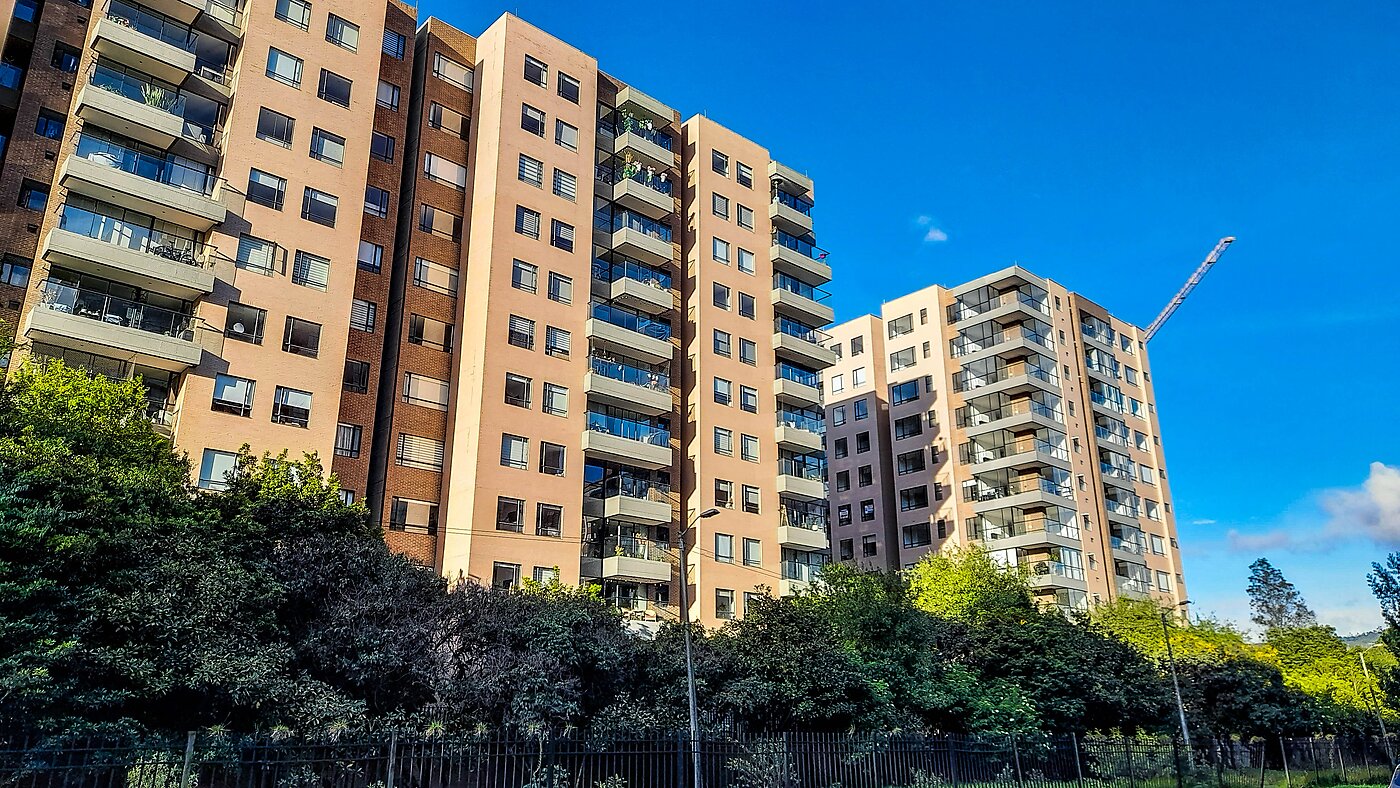In recent months, both President Biden and Vice President Harris have endorsed government interventions aimed at curbing rent increases, particularly targeting corporate landlords. Biden’s proposal to cap rent hikes at five percent under threat of losing federal tax breaks, alongside plans for affordable housing construction in Nevada, underscores a growing sentiment among policymakers that more regulation is the answer to rising housing costs. Similarly, Harris has vowed to “take on corporate landlords” with promises of rent caps as a cornerstone of her presidential campaign.
These policy proposals are short-sighted; in the long run, rent controls exacerbate the very problem they seek to solve.
Rent controls disincentivize investment in the rental housing stock since landlords may not be able to raise rents to cover costs. As a result, rent controls contribute to poor living conditions and housing shortages.
Rent controls also generate arbitrary redistribution because tenants who secure rent-controlled units benefit regardless of whether they are financially better off than those who pay market rates.
Rent controls also create mismatches, since tenants who occupy rent-controlled units may stay there even after their needs change, leaving families crammed in tiny apartments and childless couples in larger ones. A 2003 study estimated that 21 percent of New York apartment renters lived in apartments with more or fewer rooms than they would in a city without rent controls.
These ill effects extend beyond rent-controlled areas. The diminished maintenance and care given to rent-controlled properties may make these areas less attractive to potential tenants in non-regulated housing, decreasing the price of non-regulated units. And, landlords may attempt to compensate for reduced profits in rent-controlled areas by raising rent on their unregulated properties.
The right way to address housing shortages is to reduce zoning regulations. Increasing the allowable floor-to-area ratio would increase living space and decrease prices. Reducing housing-density restrictions would increase housing supply while lowering rent. Eliminating single-family zoning restrictions would reduce housing shortages, especially in expensive regions.
Thus, while rent control seems like a quick fix to the housing crisis, it ultimately worsens the problem by distorting market incentives, reducing housing quality, and exacerbating shortages.
This article appeared on Substack on November 4, 2024. Jonah Karafiol, a student at Harvard College, co-wrote the post.



















